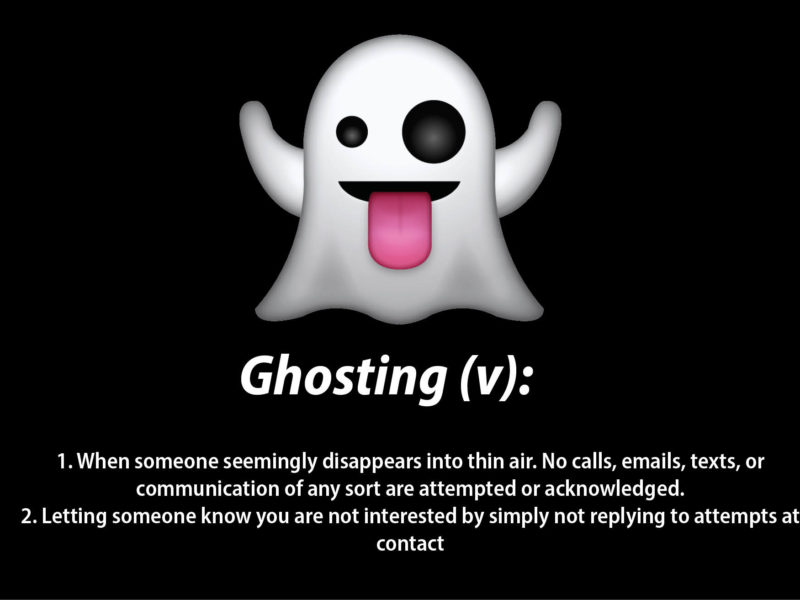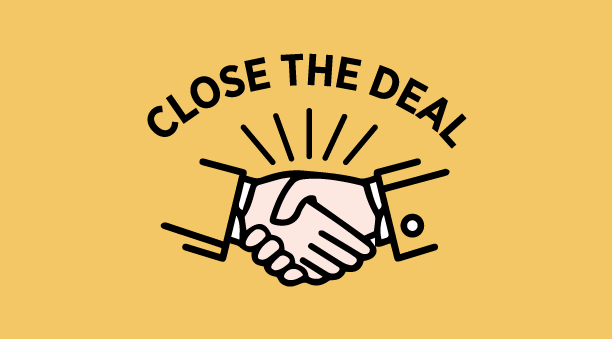About Discrimination
I was recently asked by a reader about my thoughts on discrimination and what one can do about it.
We do unfortunately live in a world where people make snap judgments about others, casting aspersions and thereby exposing their own insecurities. But discrimination goes much further than the most noticeable discrimination, that of racism. There is no end to what could be termed discriminatory but it all comes down to assumptions made by some about others. Sometimes a person discriminates according to one’s own personal experiences but most often it is based upon pure assumption, as it is easier to generalize than it is to apply scrutiny on an individual basis. By no means am I justifying any kind of discrimination but, instead trying to put it into some kind of perspective. I think it’s counter-productive to dwell too much on the topic; we are all discriminated against in one way or another. It is the darker side of human nature but it is a part of us nonetheless.
People discriminate for many reasons and one that stands out in the workplace is according to gender. Childbearing years and maternity leaves are one reason women are discriminated against. Sure, I’ve experienced hiring managers suggesting I recruit and select male candidates rather than females. I always respond that I will select and send them the best suitably-qualified candidates, regardless of gender. It is notable that in every one of those situations – it may surprise you – the hiring managers were themselves, female.
Everyone views the topic of discrimination through their own prism.
Personally, I judge according to a person’s character and accomplishments – something I learned in the military, where I worked and associated with most every different type of person and personality there is. Good people come in many shades and likewise, judgmental and prejudicial people come in many shades as well as from different creeds and cultures.
When I was a boy, I was small and skinny. In school when picking teams I was almost always the last or near last choice. I didn’t whine about it and as a result I later joined the wrestling team, as it is based according to weight classes.
Many people over 50 years old, who mysteriously lose their jobs and must start over again, feel they’ve experienced age discrimination – and they are often right. Someone without a college degree feels discriminated against in comparison with those who have a college degree. Furthermore, straight people sometimes discriminate against those who are not. Also, there are market sector niches into which, if we’re honest, unless you’re gay or lesbian, you’ll likely have less chance of entering much less excelling. Furthermore, I have seen very attractive people discriminated against by not so attractive people with a grudge. Conversely, I’ve observed the opposite as well. I know military veterans who are unfairly stereotyped and as a result experience discrimination. And, of course color and race discrimination is one of the most prevalent forms out there but, in my work, for over 25 years I have actually encountered this form of discrimination less often than others I mentioned above – and yes, it is true.
So what can you do about discrimination of any kind, if you encounter it? The easiest advice is, don’t be a whiner and grow a thicker skin; nobody likes any of us all of the time for a variety of reasons, some valid but most, not. Second, if you choose to be an activist about whatever grievance you feel passionate about, do so, on your own private time or work for an NGO. Being a culture warrior or an activist is counter-productive to the job hunting and the interview process – period. Instead, perhaps, demonstrate and set yourself apart through your abilities as an individual, build a reputation on your merits to shatter negative perceptions. Or perhaps, on a more positive note, if you meet a jackass with tendencies to negatively judge you on appearance or some other petty rationale, celebrate – yeah that’s right, celebrate someone who’s voluntarily outed themselves before you begin working with them and becoming an un-equal (in their eyes) co-worker.
True professionals, the kinds of people you want to work and associate with, couldn’t care less about your race or many of the other traits that have nothing to do with how you perform your job and fortunately, this still describes most of us.



